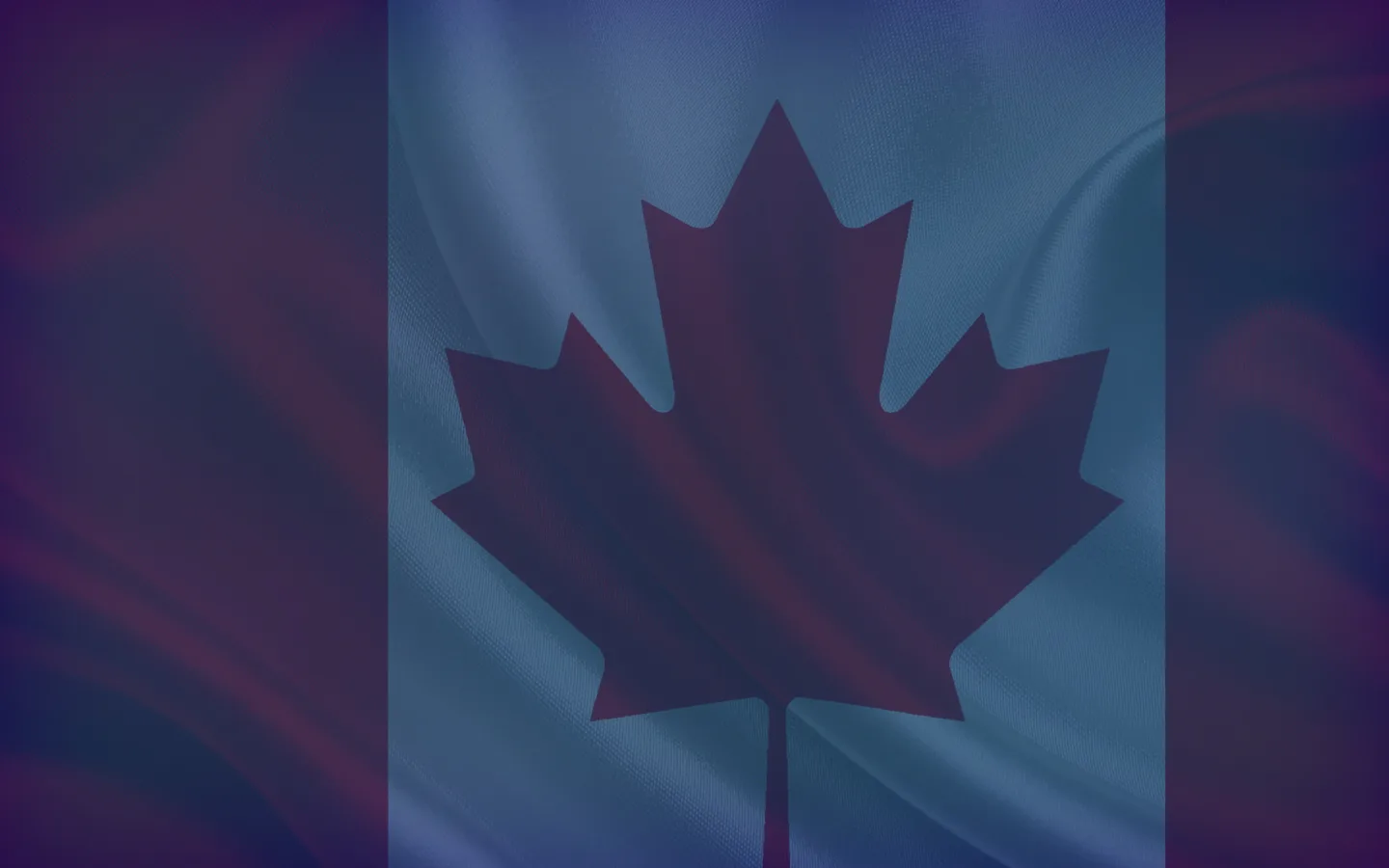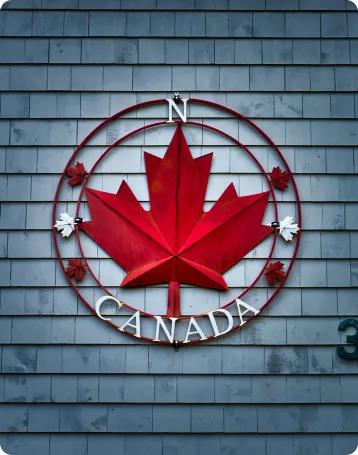
Registration under the RPAA Regulations in Canada
Last Update: 09.06.2025
In Canada, the Retail Payment Transactions Act (RPAA) came into force on November 1, 2024, strengthening federal oversight of local and international payment service providers (PSPs).
The purpose of adopting this legal framework was to: increase the transparency, and sustainability of the payments system; strengthen Canada’s fintech market; curb financial fraud; and protect the rights of users and their capital from additional risks.
What is RPAA?
The new federal RPAA Canada contributed to the formation of an effective structure of regulation and control of the entire payment system and outlined the boundaries of responsibility of providers of digital wallets and online payments.
Service providers must undergo a mandatory registration procedure with the Bank of Canada (BOC), even before they start providing services, as well as provide all information about fees, prove to the Regulator that they have a structure for eliminating emerging risks, and a procedure for resolving various disputes.

Regulatory authority – Bank of Canada
The RPAA regulations have given additional powers to the Bank of Canada (BOC), the primary supervisor of the financial system.
The regulator continuously monitors the activities of payment service providers (PSPs), facilitates their compliance with the AML/CFT Acts and operational risk management standards, and monitors and evaluates the transparency and vulnerability of the entire system.
The Bank of Canada takes enforcement action against violators, in the form of monetary sanctions or other restrictions. This includes PSPs who have not complied with the rules for transferring or storing money.
What types of MSBs need to register under RPAA?
Based on the Retail Payment Activities Act, an individual or legal entity must be registered with the RPAA before providing payment services if it plans to:
- Manage, and move fiat currency on behalf of a customer (including online payments, and mobile payments).
- Provide fund-safeguarding features like digital wallets, etc.
- Perform electronic funds transfers (EFT) as requested by the client.
- Be involved in payment clearing, and cross-border cash payments.
The new rules apply to service providers if they:
- Have formalized a business in Canada.
- Intend to commence business operations in this jurisdiction.
- If the business is not conducted in the jurisdiction but provides “direct” services to users (businesses and individuals) who are located in Canada.
Exempt registration entities include: banks, insurance companies, the Bank of Canada, the Canadian Payments Association, the SWIFT network, and Visa. They are subject to a different regulatory framework.
It is projected that approximately 3,000 organizations involved in the electronic payment chain will have to apply to the Bank of Canada to comply with the RPAA.
Find more information about the RPAA Registration for MSB
Schedule and process of registration in retail payment activities act (RPAA)
-
The implementation of the retail payment activities regulations is taking place in several phases:
-
1.
The transition period is from November 1, 2024, to September 7, 2025.
-
2.
November 1, 2024 – November 15, 2024. Companies have only two weeks to complete the application through the online portal and pay the registration fee. If a company has completed the registration within this timeframe, it continues onward without interruption.
-
3.
November 16, 2024 – September 7, 2025 PSPs also complete the form to the BOC, but already wait 60 days before becoming fully operational.
-
4.
Full compliance period starting September 8, 2025. As of that date, the Bank of Canada must authorize the PSPs to begin operating, which is likely to be a long delay.
The main problems with RPAA registration
While implementing all the retail payment activities act regulations several difficulties may arise:
- Getting in time to complete the application form on the BOC’s online portal by September 8, 2025. After September 7, the federal registration process will take quite some time.
- Determine exactly whether the activity falls under the rules of the current regulation. Companies that are solely engaged in cryptocurrency transfers, buying/selling, are not subject to the Act. But if the crypto operator offers prepaid cards and transactions with fiat currency, it already undergoes a full registration procedure.
- Correct completion of the application form. Non-compliance of information with the RPAA criteria increases the chances of the application being rejected and extending the waiting period from the Regulator.
- Making adjustments to the type of activity of PSP operators. The Bank of Canada has the right to impose monetary penalties, limit the activity (transaction volume), and revoke the registration.
How to successfully complete the RPAA registration process
Several recommendations can be followed to complete the BOC registry process, with accurate compliance with all the parameters of the retail payments activities act:
- When collecting a complete set of documents, the business organization should determine whether the business model falls under the RPAA criteria, whether it has a risk management structure, whether the type of payment transactions complies with the standards of the act, and whether the company has developed internal policies.
- Engage consultants to check for compliance with the RPAA or improve existing procedures within the company.
- There is a 60-day review period until September 8, and applications may be rejected due to inaccuracies, so the company should be prepared for such challenges and have a plan of action in case problems arise.
- Take advantage of outside help, namely lawyers who are practicing in this market and know the specifics of the Canadian financial system.
Conclusion
Any business structure that falls under the standards of the RPAA must undergo a registration procedure and, as a result, be listed in the retail register msp. Only then will the activity be considered legal. Violators may suffer and face fines and restrictions of operations by regulatory authorities. PSP operators better hurry up with the decision to apply, as the transition period ends very soon.
The new PSP regulations were developed and implemented to ensure the stability and security of the financial services market, to strengthen the confidence of market participants, and to comply with international standards in the fight against fraud.
FAQ about RPAA regulations
What is the RPAA?
The RPAA, or the Retail Payment Transactions Act in Canada, marks a significant advance in establishing rules for payment service providers (PSPs) to operate in the local market.
Who needs to register with the RPAA?
The RPAA clearly outlines the requirements, types of transactions, and services that oblige PSPs to complete registration steps. It also outlines the entities that are exempt from Bank of Canada approval.
Who is the regulator in Canada?
The Bank of Canada is responsible for the entire financial system, monitoring market operators and ensuring that they comply with all procedures and standards.
Who is a PSP?
Payment Service Providers (PSPs) may include legal entities or individuals who provide services under the RPAA and are registered with the Bank of Canada.